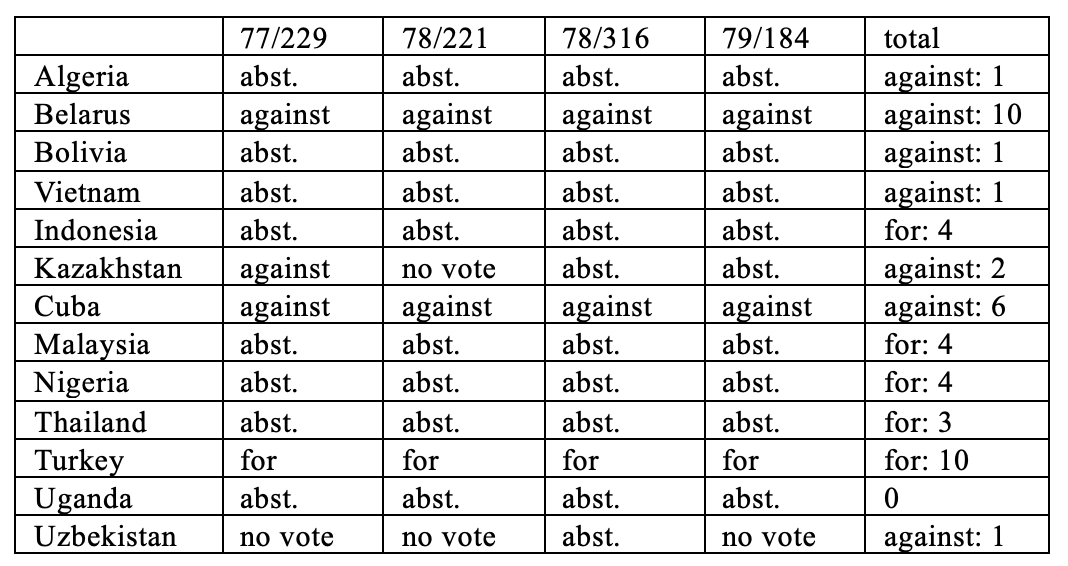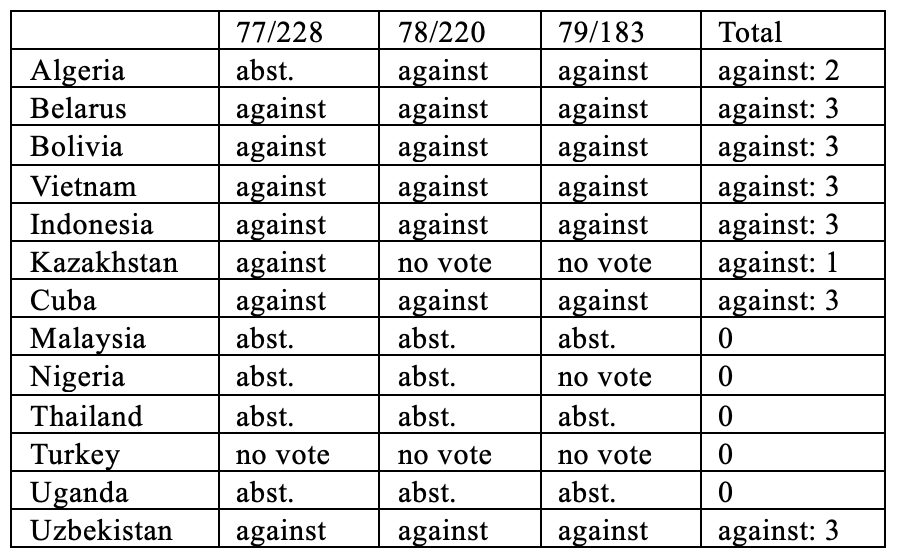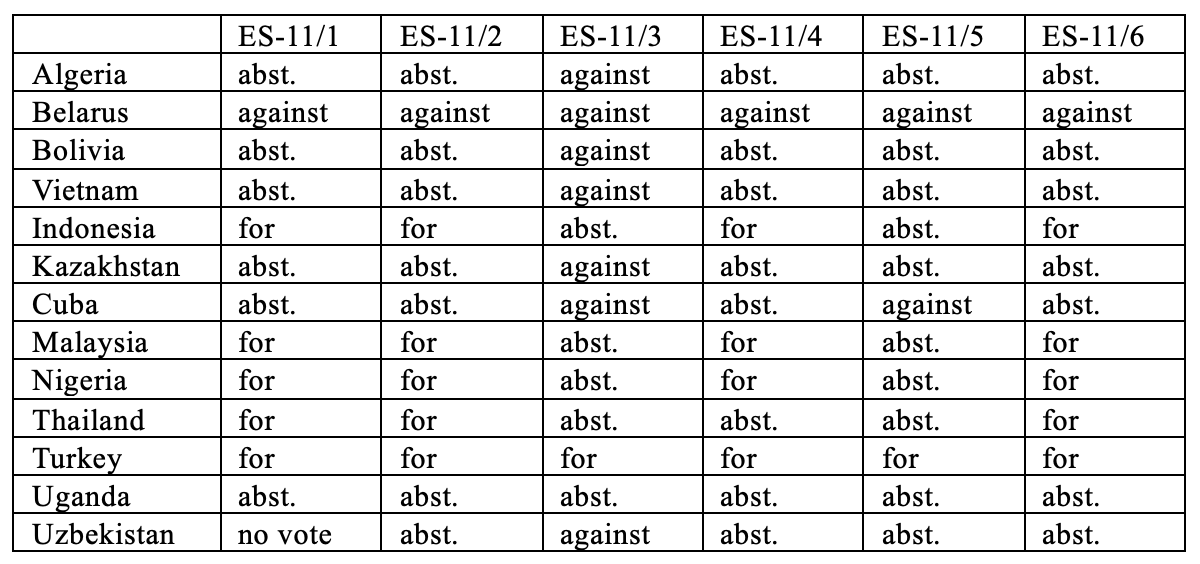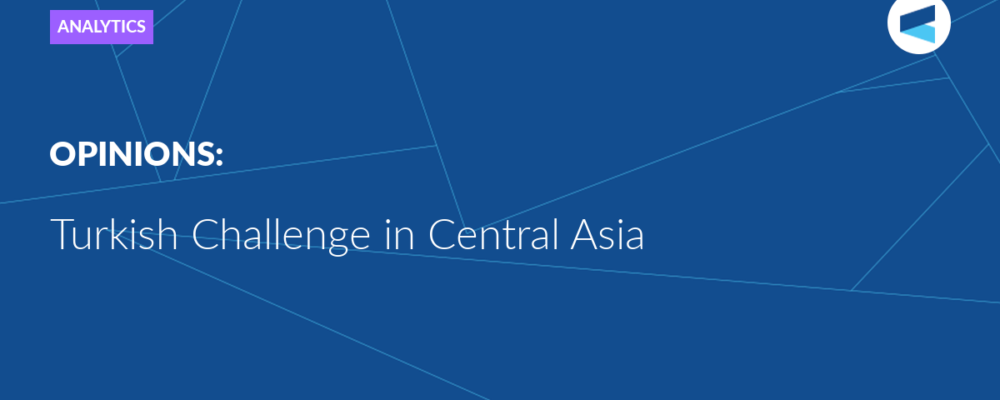To assess the foreign policy preferences of potential BRICS partners, it is interesting to look at their voting in the UN General Assembly. It is clear that their results should not be taken as absolutes, and the real political practice of states is not limited to voting results and is not determined by them. But these votes are also symbolically quite important, writes Valdai Club Programme Director Oleg Barabanov.
The 2024 BRICS summit in Kazan was the first after the expansion of BRICS; the decision had been announced a year earlier in South Africa. In the time interval between the summits, a number of countries made statements about their interest in BRICS and their intention to join the group. Therefore, the topic of expansion was in the public media before the Kazan summit. At the same time, before the meeting in Kazan, the official representatives of a number of BRICS member countries, including Russia, made statements that at this stage it was decided to take a break from further expansion. As a result, at the summit in Kazan it was announced that BRICS was forming a circle of BRICS partner states, and that invitations would be sent to a number of countries to join them.
Their list was not officially published, but immediately after the summit, there was information in the media that invitations to become BRICS partners could have been sent to 13 countries: Algeria, Belarus, Bolivia, Vietnam, Indonesia, Kazakhstan, Cuba, Malaysia, Nigeria, Thailand, Turkey, Uganda and Uzbekistan.
At the end of December 2024, the aide to the President of Russia, Yuri Ushakov, said that invitations to become BRICS partners have been accepted by the leaders of 9 countries: Belarus, Bolivia, Indonesia, Kazakhstan, Cuba, Malaysia, Thailand, Uganda and Uzbekistan. All of them are included in the informal list that appeared immediately after the summit. Four countries from that list (Algeria, Vietnam, Nigeria and Turkey) were not included in this official confirmation. Also at the end of December, the representative of Brazil (the country holding the BRICS presidency in 2025) stated that the final list of BRICS partners would be officially announced in early 2025.
To assess the foreign policy preferences of potential BRICS partners, it is interesting to look at their voting in the UN General Assembly. It is clear that their results should not be taken as absolutes, and the real political practice of states is not limited to voting results and is not determined by them. But these votes are also symbolically quite important. Earlier, we already addressed the practice of voting in the UN General Assembly among the “old” and new BRICS members.
In the period 2022-24, the UN General Assembly adopted resolutions against two BRICS members – Russia and Iran. Let’s see how potential partner countries voted on them.
The following resolutions were adopted on Russia in 2022-24. At the 11th UNGA Emergency Special Session:
-
ES-11/1 of March 2, 2022. The first resolution after the start of the conflict. Characterizing the actions of the Russian Federation as “aggression against Ukraine”;
-
ES-11/2 of March 24, 2022. Humanitarian consequences of the conflict;
-
ES-11/3 of April 7, 2022. Suspension of the Russian Federation’s membership in the UN Human Rights Council;
-
ES-11/4 of October 12, 2022. Territorial integrity of Ukraine (after referendums on the accession of four new entities to the Russian Federation);
-
ES-11/5 of November 14, 2022. Compensation for damage and reparations to Ukraine;
-
ES-11/6 of February 23, 2023. Principles of the UN Charter underlying the achievement of a comprehensive, just and lasting peace in Ukraine. Adopted on the anniversary of the conflict.
In addition to these, the following resolutions were adopted at ordinary sessions of the UN General Assembly:
-
on human rights in Crimea and the new territories: 77/229 December 15. 2022; 78/221 of December 19, 2023 and 79/184 December 17, 2024;
-
on the Zaporizhzhya NPP: 78/316 of July 11, 2024.

Regarding Iran, since 1985, the UN General Assembly has adopted resolutions on human rights in this country almost every year. In the last three years, the following resolutions have been adopted: 77/228 of December 2022; 78/220 of December 19, 2023 and 79/183 of December 17, 2024.

Here we see a sufficient difference in approaches to Russia. Russia is supported, first of all, by two countries: these are Belarus and Cuba. Then there is a group of countries that abstain in most cases, but sometimes can support Russia. These are Algeria, Bolivia, Vietnam, Kazakhstan and Uzbekistan. Uganda has always abstained. The next group of countries opposed Russia in about a third of cases. These are Indonesia, Malaysia, Nigeria and Thailand. Turkey stands out here, having voted for all 10 anti-Russian resolutions. Moreover, Turkey was the only country here that spoke out for the resolution after being invited to become a BRICS partner.
The situation is different with Iran. The level of its support is higher. None of the 13 countries voted for anti-Iranian resolutions during the same period of 2022-24. Six countries have always supported Iran (Belarus, Bolivia, Vietnam, Cuba, Indonesia, Uzbekistan). Two countries (Algeria and Kazakhstan) either supported Iran or abstained. Five countries (Malaysia, Nigeria, Thailand, Turkey, Uganda) always abstained or did not vote. This situation correlates to a sufficient degree with the results of voting on these resolutions by BRICS members. With regard to anti-Russian resolutions, there was also a difference in approaches. And with regard to Iran, there was also more open solidarity with this state on the part of the “old” BRICS members. But, again, we should not exaggerate these votes and their impact on real relations within BRICS, which, according to the declarations of BRICS summits, are defined as a strategic partnership.
The Valdai Discussion Club was established in 2004. It is named after Lake Valdai, which is located close to Veliky Novgorod, where the Club’s first meeting took place.
Please visit the firm link to site






